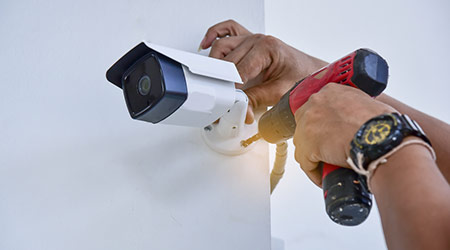The rape of an incapacitated Phoenix woman is spurring Arizona is trying to catch up to 10 states with laws allowing electronic monitoring to deter abuse of vulnerable people at long-term care facilities, according to an article on the AZFamily.com website.
The Arizona House is considering a measure that would let certain facilities install video surveillance in common areas. The provider would have to detail how to avoid privacy violations.
Arizona would join Illinois, Kansas, Louisiana, Maryland, New Mexico, Oklahoma, Texas, Utah, Virginia and Washington with laws or regulations allowing surveillance equipment inside nursing homes, assisted living centers and other group residential settings.
Most of those laws place the option and cost of electronic monitoring on residents and their guardians. A majority of the laws say residents or their surrogates can put a camera or monitoring device in their room but would need to notify the facility, among other conditions, according to the article.

 The Future of the Global Hospital Hygiene Market
The Future of the Global Hospital Hygiene Market Rethinking Fire Safety Inspections
Rethinking Fire Safety Inspections The Ohio State University Wexner Medical Center Officially Opens
The Ohio State University Wexner Medical Center Officially Opens Healthcare and Resilience: A Pledge for Change
Healthcare and Resilience: A Pledge for Change Texas Health Resources Announces New Hospital for North McKinney
Texas Health Resources Announces New Hospital for North McKinney